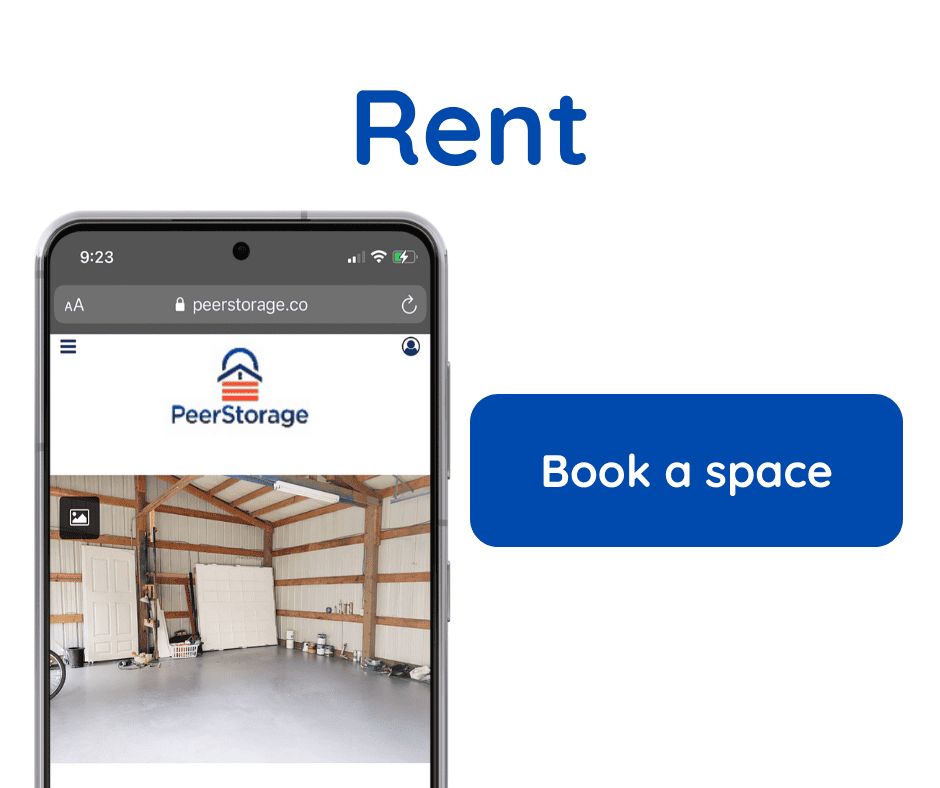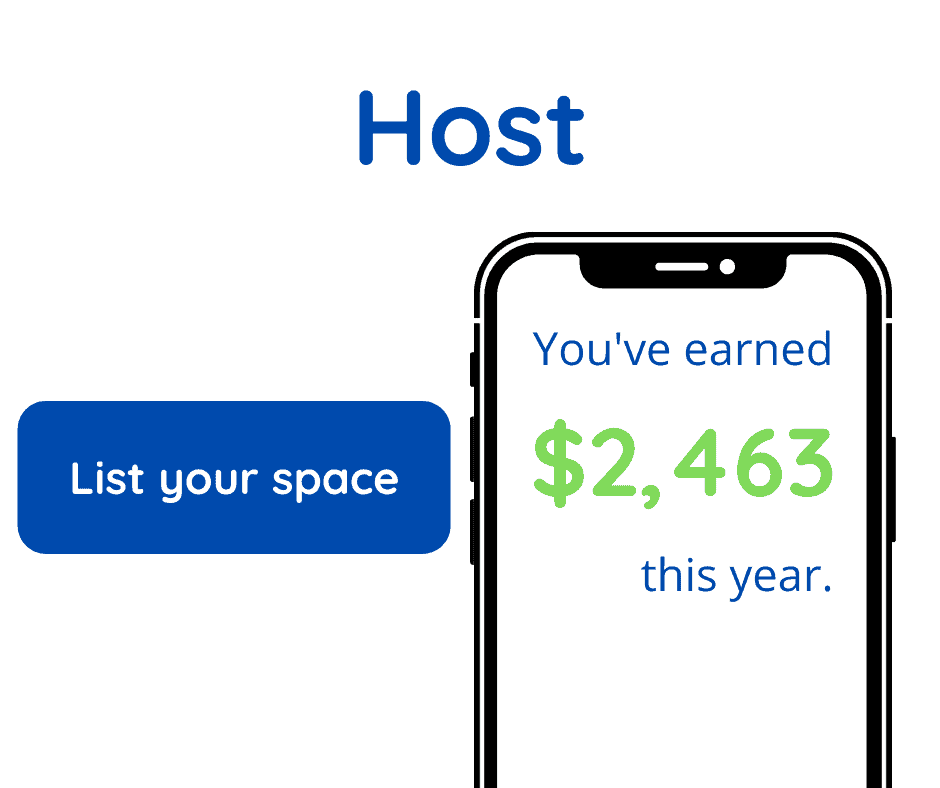No Garage? 5 Car Storage Solutions That Work
- June 15, 2025
- Car Storage Near Me, Cheap storage near me
If you don’t have a garage, protecting your car can be a challenge. Here are 5 simple and effective Read More

Parking in big cities can be notoriously difficult, and one of the best options for saving time when parking is renting car storage from a private owner. When you sign up to rent a car storage space, the owner of that space will need a lot of information before you can “move in.”
Save your time and improve your chances of getting a coveted space with our list of everything it takes to store your car, whether you’re using it for daily parking or long-term storage.
Renting a space is not nearly as complicated as renting an apartment, but a version of the same process will likely happen after you apply for their spot. The host’s due diligence will be much less stringent than a residential application because there’s much less at stake, but they will most likely ask for the following information (and we’ll get into why in a moment).
Answering these questions for yourself ahead of time and being able to provide them to your host will make them much more eager to host your vehicle in their spot:

The information above might seem unnecessarily detailed, but there are a number of good reasons your host needs to know this about your vehicle and your plans.
The person whose spot has been taken over has places to be, too. Your host needs to be able to verify that all cars in their storage area are supposed to be there.
They should provide the replacement space and should communicate to you ahead of time what will happen in the event that you need to move your car to a different spot (if you store your vehicle in one spot for more than twelve months, it’s almost certain your space will be affected by some kind of scheduled maintenance).
If your host doesn’t bring this topic up, go ahead and ask what his or her plans are if the storage space is inaccessible.

Pay attention to your host’s policies for accessing your vehicle. You need to be able to get to your car 24/7, but that might not be as automatic as you’d expect. It’s possible your host leaves town and forgets to provide you with the code to the gate or any other number of scenarios.
Ask ahead of time whether there will be any limitations on accessing your vehicle and if so, how likely such scenarios are to happen. Anything more cumbersome than punching in a code for a gate might be a sign to look elsewhere.
Be prepared for your host to ask you to sign a lease. The standard car rental lease form includes provisions such as your length of stay, rules and regulations of the area you’re staying in, fees for breaking these rules, agreements on monthly rent, and more. Many of these rules might not be set by the host, but by the platform, the listing is on.
If you’re renting a private driveway or a parking lot for an apartment building, the neighborhood homeowners association (HOA) or the building manager of the apartment complex most likely have their own rules that their tenants, and anyone subletting their parking spot, have to follow.
These rules are more often than not entirely reasonable, but you need to keep an eye out for them; often, there are prohibitions on living in your vehicle in the spot, performing maintenance on the vehicle while it’s parked there (if you need to change a flat tire that is fine; your host is more worried about spilled chemicals and bits of metal left lying around), and more.
If you’re asked to sign a lease, review it carefully and trust your instincts; you shouldn’t be locked into lengthy stays, for instance (any contract asking for more than a three-month commitment sounds overly burdensome).

Knowing everything it takes to store your car ahead of time will make it easier for you to find a spot that’s a good fit for your plans. Your host might be asking for a lot of information, but it helps them provide a safe and accessible spot for people who need it.
When your host does need a favor from you, like moving your car after a snowstorm, know that it’s perfectly normal and something everyone who stores their vehicle in a rented space contends with as well.


Join The Discussion